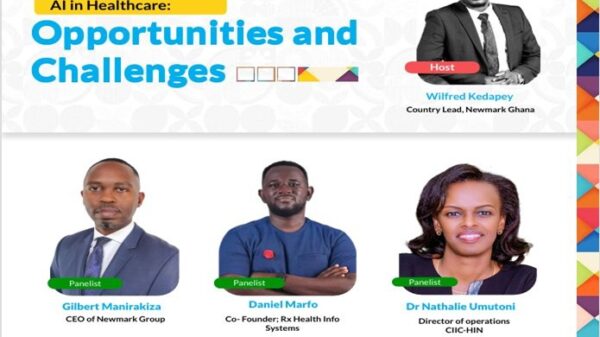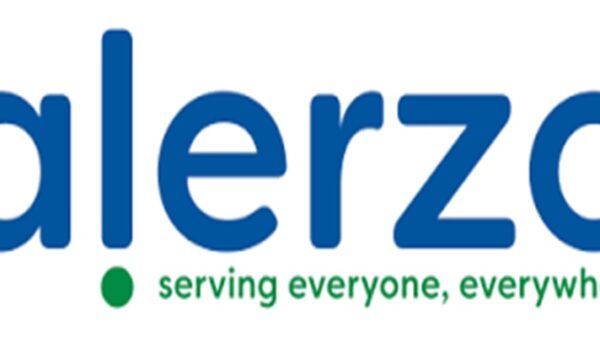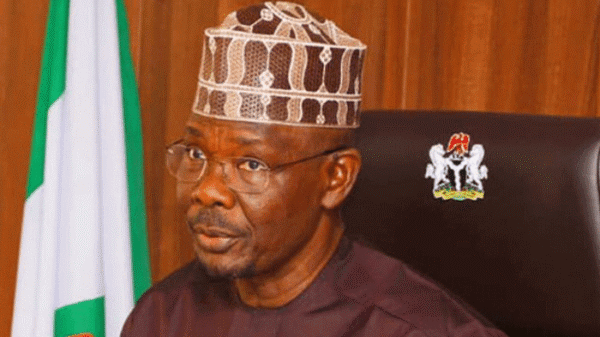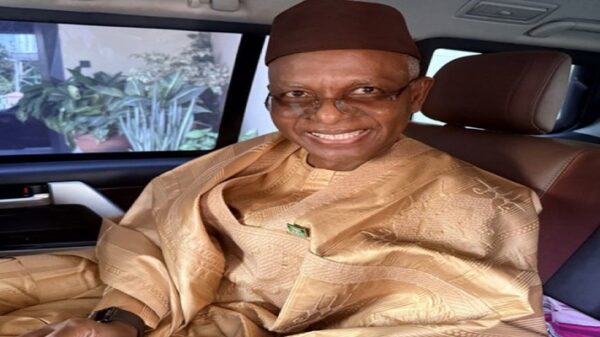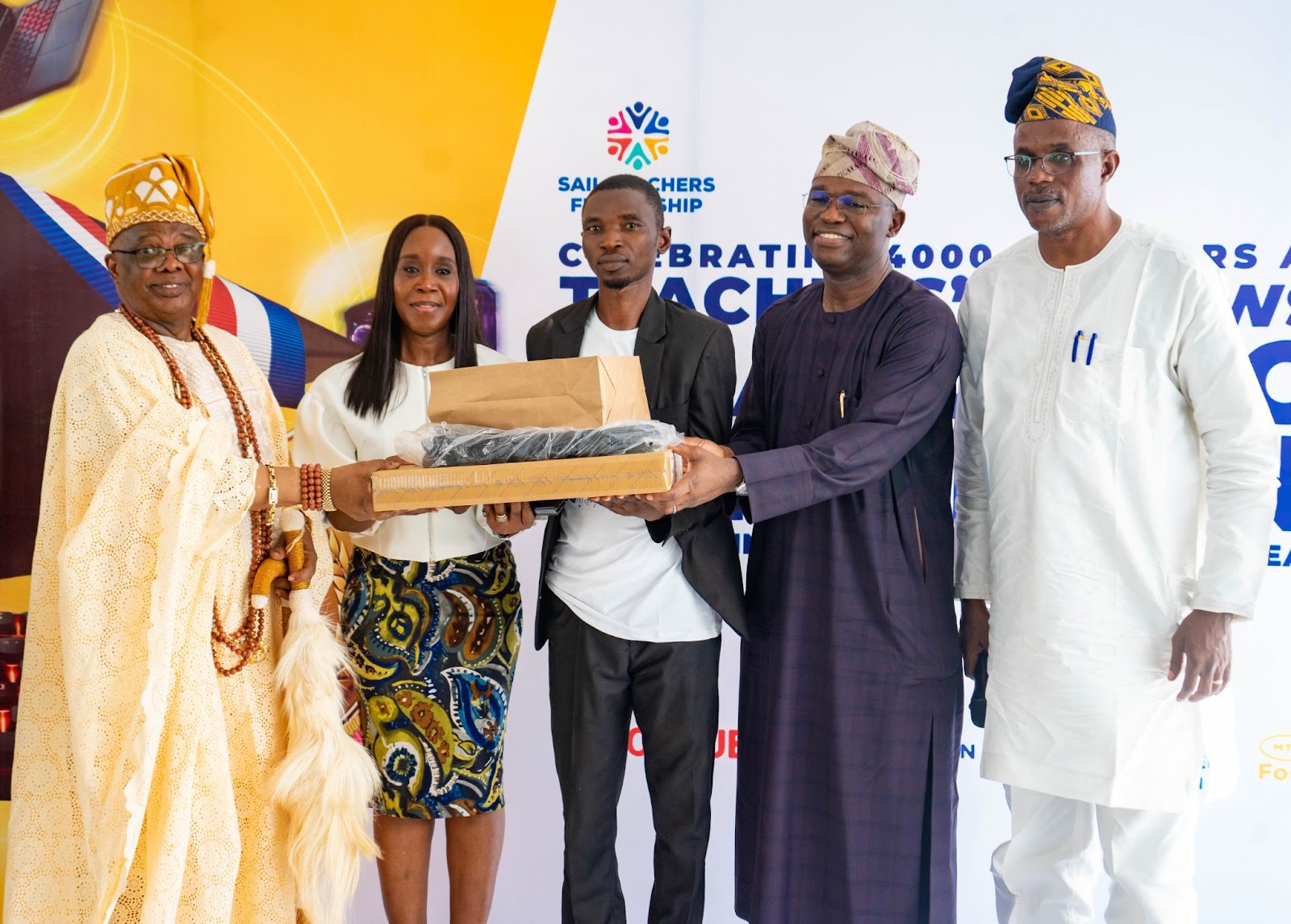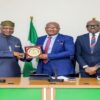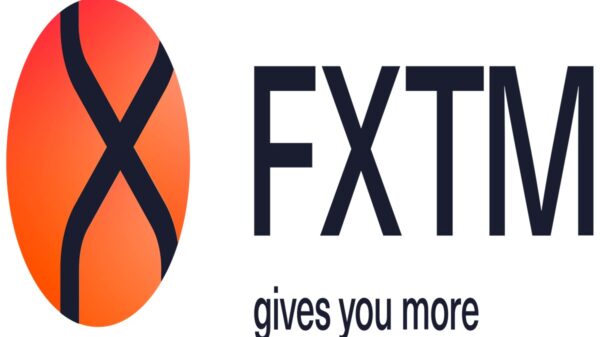MTN Foundation in partnership with the Senator Abiru Innovation Lab (SAIL) Teachers Fellowship Programme is a groundbreaking initiative aimed at equipping teachers with innovative tools, methodologies, and digital resources to make classrooms more engaging and productive. Designed to improve the quality of education in Nigeria, the program drew over 6,000 applicants, of which a select group of outstanding teachers emerged as top performers.
Four exceptional teachers, Manasseh Mbah Bagayang, Susan Adeshola, Asmau Adamu Yakubu, and Brian Anthony shared their transformative experiences as participants in the fellowship, offering insights into how the program has revolutionised their classrooms and renewed their passion for teaching.
Manasseh Mbah, a chemistry teacher from Government Basic Education School in Bugai, Kaduna State, reflected on his unexpected journey into teaching. With a degree in chemical engineering, his path to education began out of necessity when he couldn’t find a job in his field. “Before the program, my knowledge of teaching was limited,” he confessed.
The fellowship introduced him to inquiry-based learning (IBL), a methodology that transforms classrooms into spaces of curiosity and critical thinking. “IBL is student-centered. It encourages the use of questions to pique students’ interest and develop their critical thinking abilities,” Manasseh explained.
Applying these methods, he saw a dramatic change in his classroom dynamics. “Before, students were uninterested, some even sleeping in class. Now, they’re curious and eager to learn,” he said.
Even in the face of challenges like limited access to electricity and the internet in rural areas, Manasseh has remained resourceful, using digital tools and interactive teaching strategies to inspire his students.
Susan Adeshola, a primary school teacher in Lagos, described the fellowship as a lifeline for innovation in resource-strapped environments. “Lagos State uses a cohesive teaching method, but my school lacked essential tools like projectors. So, I improvised… “The participation was overwhelming. Even the shyest students were asking questions and engaging,” she said, recounting how she created visual aids from downloaded images and cardboard to teach her students.
The results were astounding. One standout moment came when supervisors unexpectedly visited her class. Leveraging the inquiry-based approach she had learned, Susan captivated both her students and the observers, earning praise for her innovative teaching methods.
Her hope is for the Lagos State government to adopt these strategies more broadly. “If facilities are provided and more teachers are trained, classrooms will transform. Children will love coming to school because learning will be fun,” she affirmed.
Asmau Adamu Yakubu, a biochemistry graduate turned teacher from Kaduna State, described her classroom transformation as nothing short of revolutionary. “Before, students were bored and disengaged. But after implementing IBL, they became curious, attentive, and eager to participate,” she said.
Asmau emphasized the importance of relating lessons to students’ immediate environments, a core principle of IBL. “When students see the connection between what they’re learning and their everyday lives, it sticks,” she noted.
Her vision for the future is ambitious; merging IBL with technological innovation to bridge the gap between underprivileged students and modern education. “Imagine rural students exposed to laptops and digital tools. It would ignite their thirst for knowledge,” she said passionately.
Brian Anthony from Ondo State has always seen teaching as a noble and fulfilling profession. “I love to impact lives. Teaching is my way of sharing knowledge and shaping the future,” he said.
Through the fellowship, Brian discovered new ways to enhance his teaching. “The program taught me the value of self-development. As a teacher, you must keep learning to stay relevant,” he explained. His favourite takeaway was the power of combining IBL with digital tools to make lessons more engaging and memorable.
Brian’s classroom has become a place where students actively participate and think critically. “It’s amazing to see students remember concepts long after the lesson because they were engaged and involved,” he said.
The stories of these teachers reflect the profound impact of the SAIL Teachers Fellowship Programme. By equipping educators with innovative methodologies and digital resources, the foundation is reigniting a passion for teaching among participants.
As all graduating teachers continue to implement what they’ve learned, their hope is for broader adoption of inquiry-based learning and digital innovation across Nigeria. With programs like SAIL, the future of education in Nigeria looks brighter, promising a generation of students eager to learn and equipped to thrive in an increasingly digital world.
![]()






